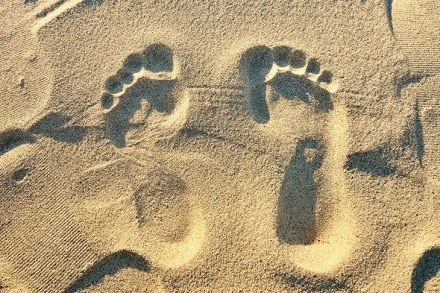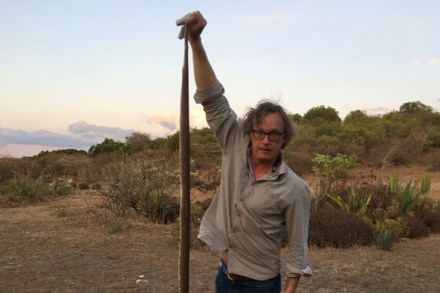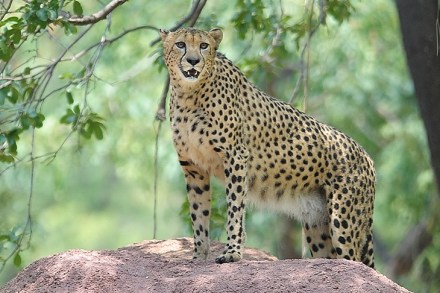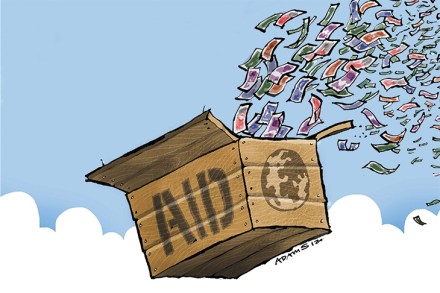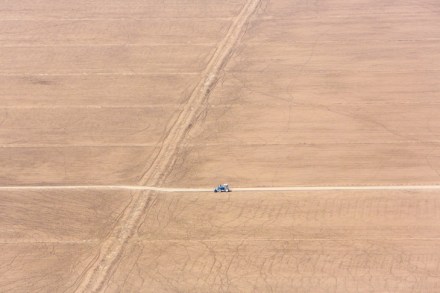Wild life | 7 February 2019
Kenya As the Union Flag was lowered during Kenya’s Uhuru ceremony in 1963, the Duke of Edinburgh turned to the country’s new leader, Jomo Kenyatta. ‘Are you sure you want to go through with this, old chap?’ History fails to record Jomo’s reply, but last week I asked my Nairobi lawyer, Mary, to look back on 55 years. What would Kenyans have preferred — wealth under Empire or liberty come what may? Quick as a flash Mary said: ‘Independence.’ I find Kenyans tend to sympathise with Britain’s countdown to its own Uhuru. Out here, where we have faced odd challenges, people are bemused by no-deal dystopian scenarios. A little


